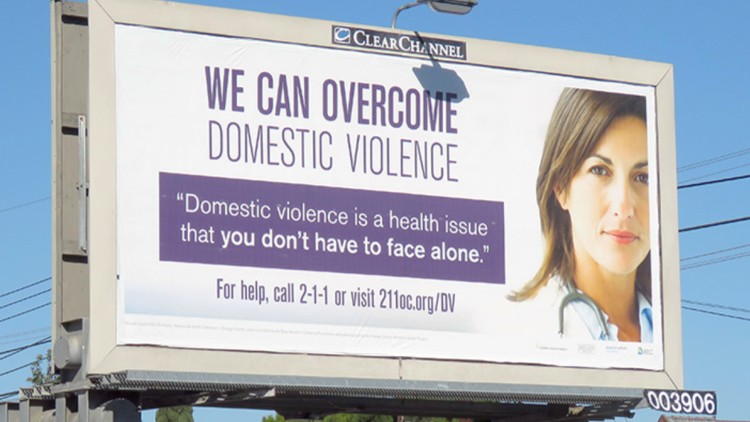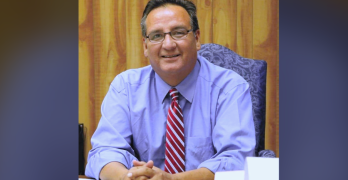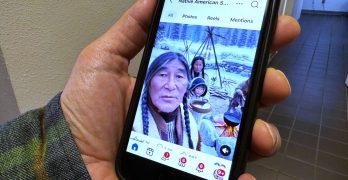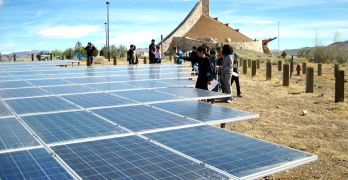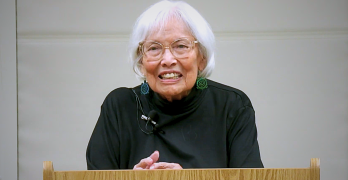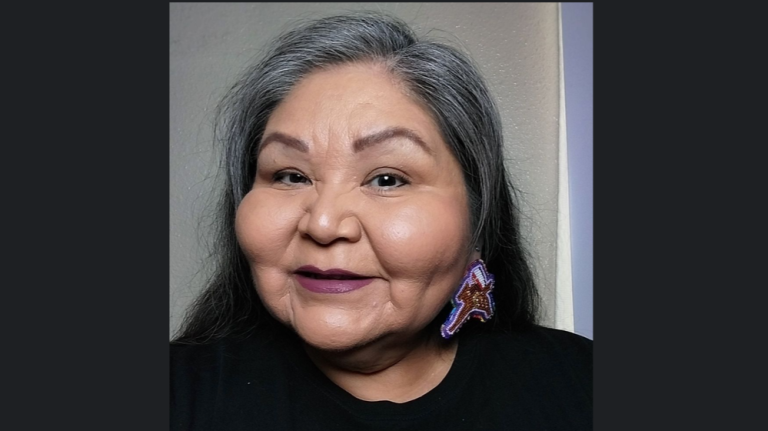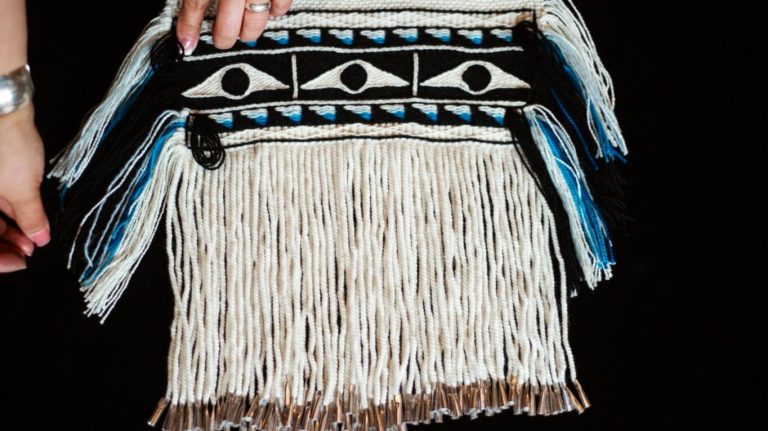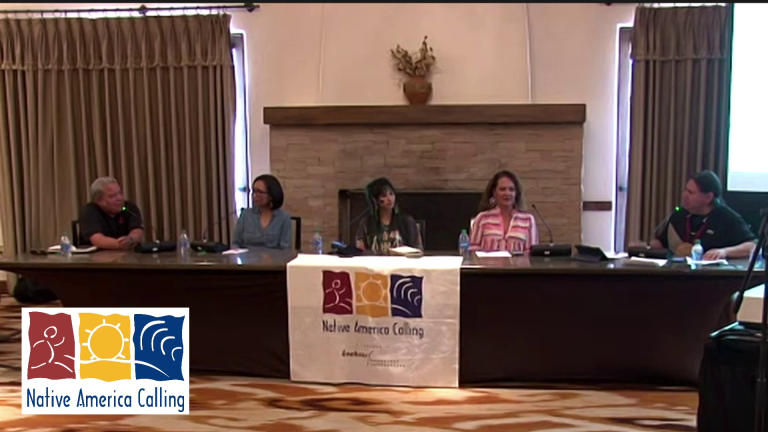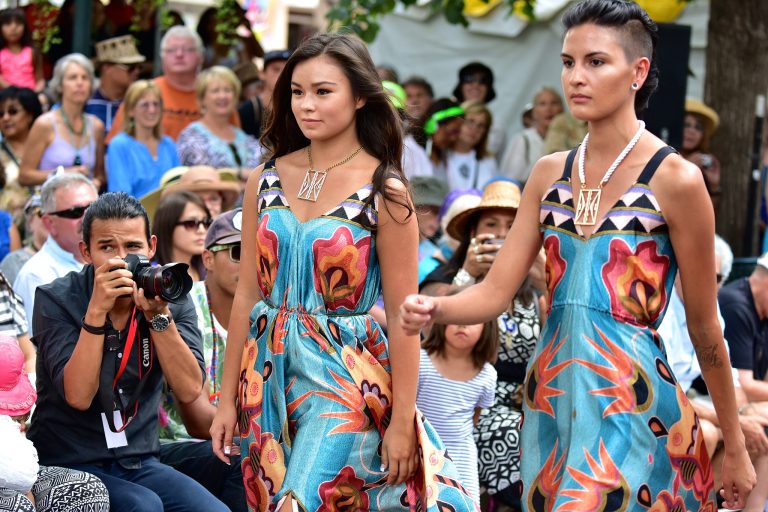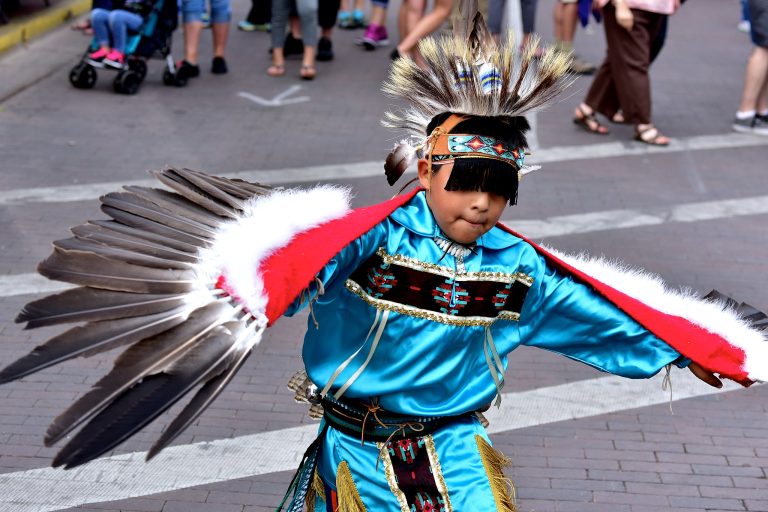Congress just approved significant funding increases going forward for a handful of core domestic violence funding and policy initiatives. But at the same time, many services for survivors face a new level of unpredictability. Victim support funds in some states plummeted as much as 70%, leaving states to try and cover some of those costs. The Trump administration instituted requirements that domestic violence survivors prove their immigration status before being allowed into shelters and certain long-time domestic violence services remain a target in upcoming federal budget talks. We’ll get a picture of the current trends for domestic violence prevention.
GUESTS
Abigail Echo-Hawk (Pawnee), director of the Urban Indian Health Institute and executive vice president of the Seattle Indian Health Board
Melissa L. Pope (Nottawaseppi Huron Band of the Potawatomi), Chief Judge of the Nottawaseppi Huron Band of the Potawatomi
Rochelle Red Bone Arebalo (Apache and Commanche), chairperson of the MMIW Indian Capital Chapter
Stacey Ettawageshik (Little Traverse Bay Bands of Odawa Indians), executive director of Uniting Three Fires Against Violence
